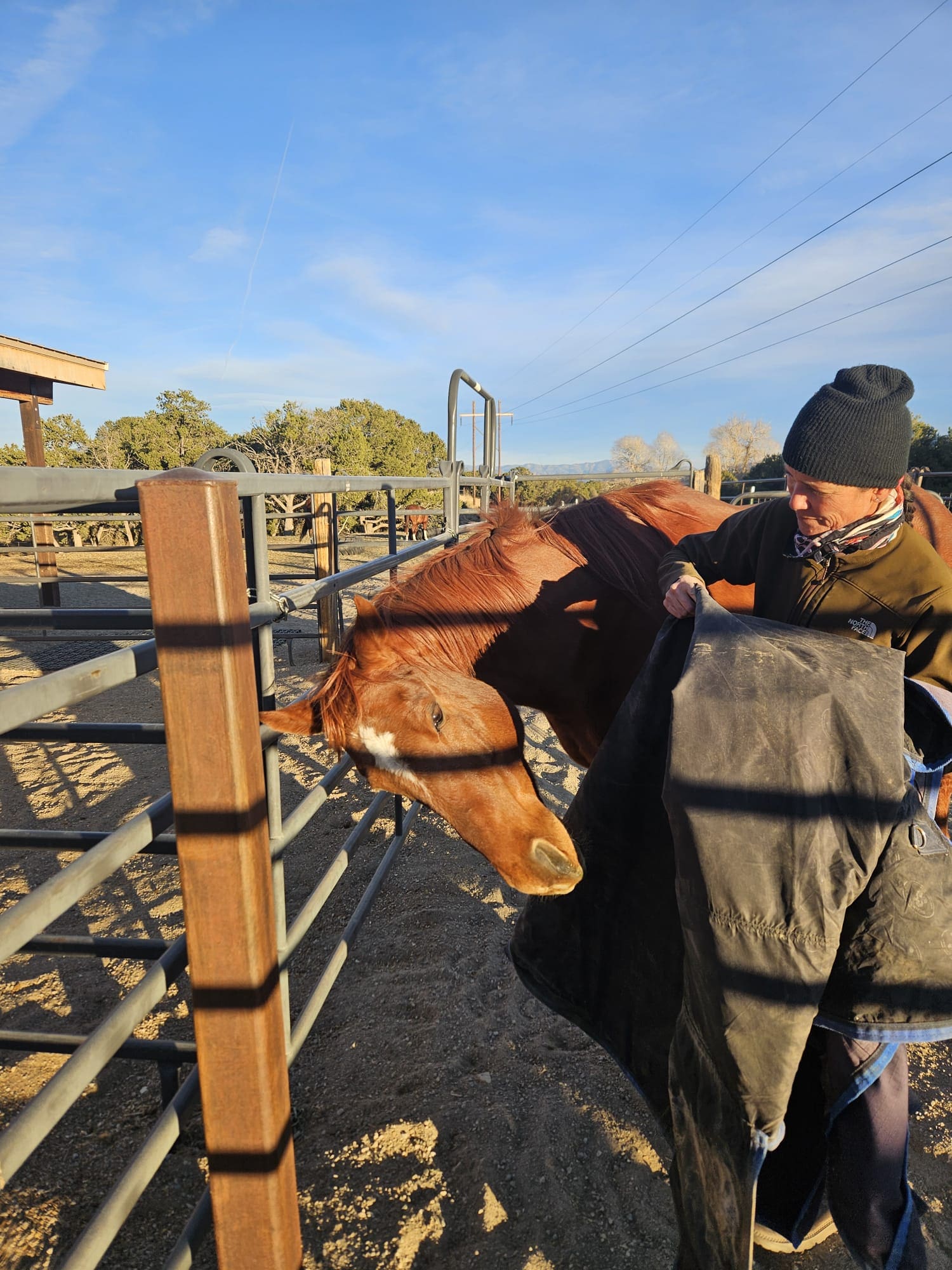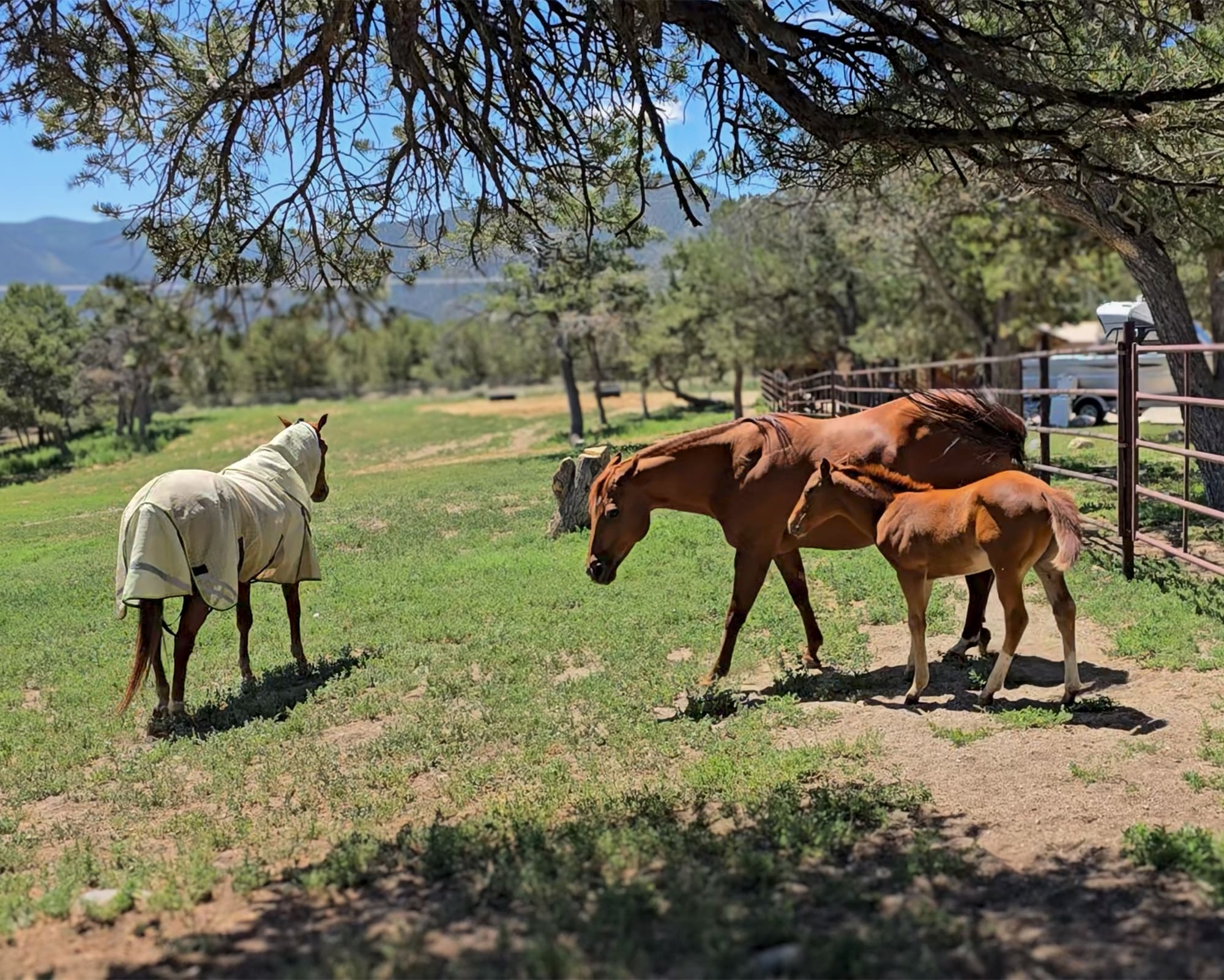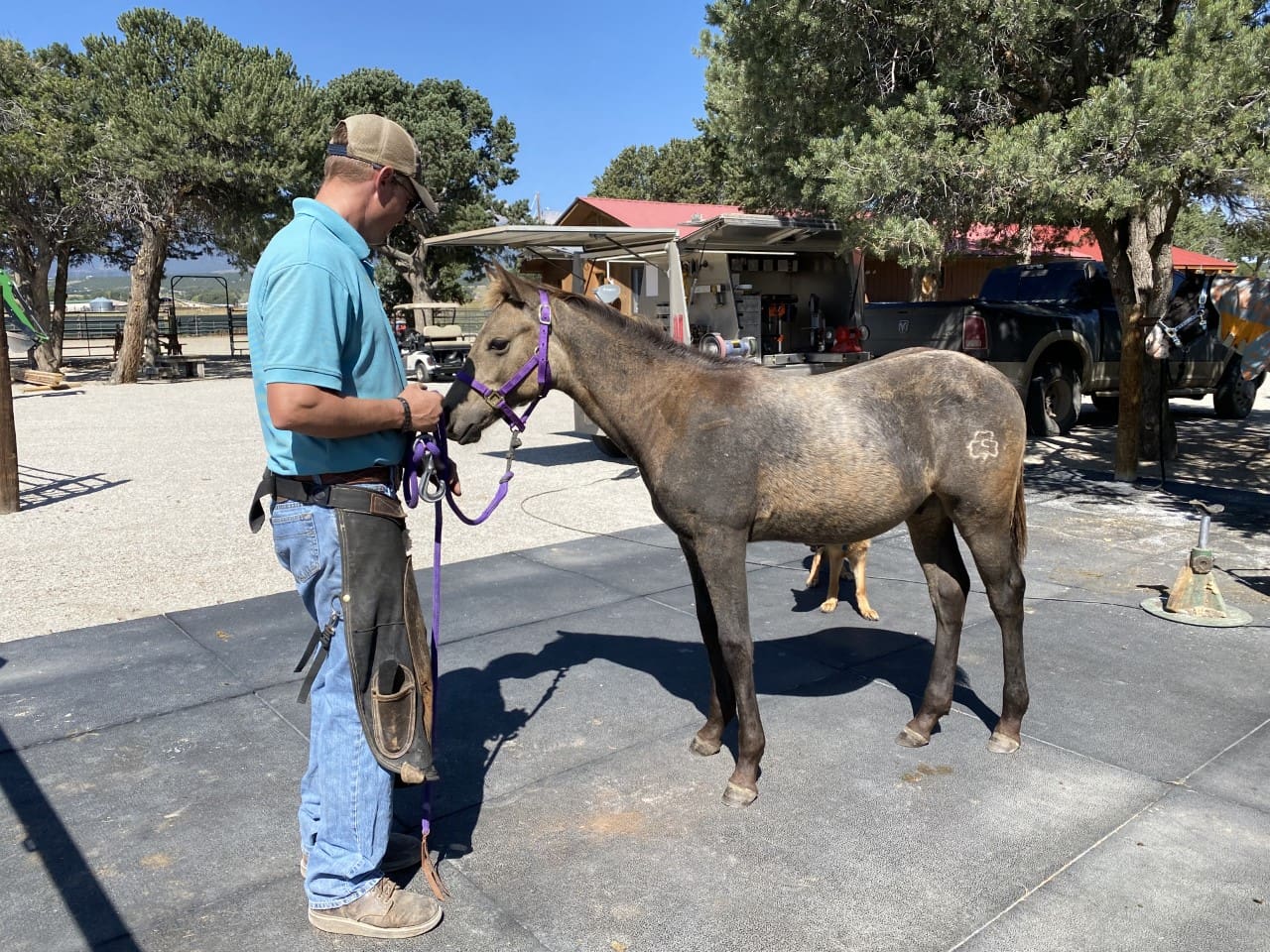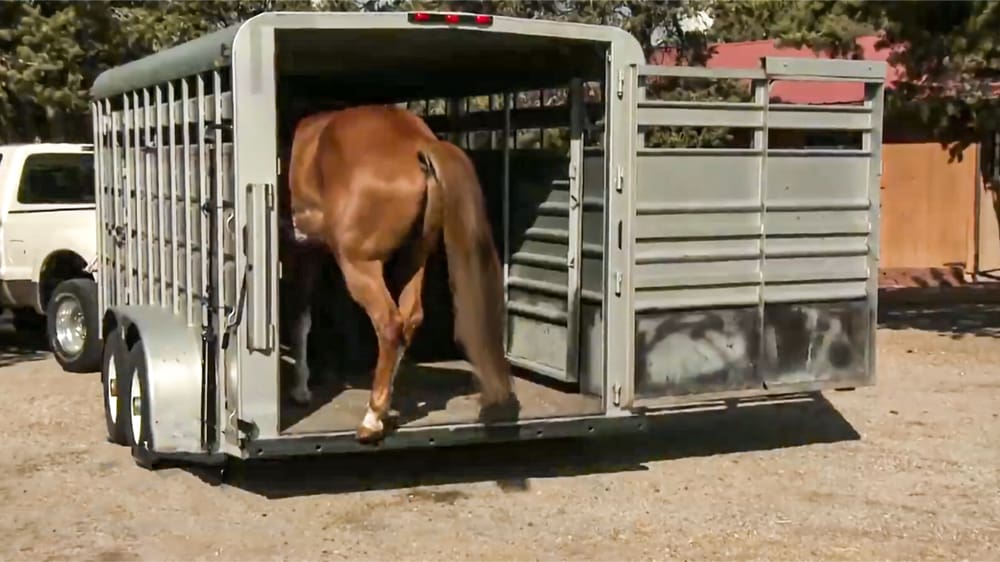I am in the midst of clinic season—a clinic almost most every weekend through the end of June. It’s the most popular season for clinics as people gear-up for the summer riding season and look for a jump start on accomplishing their short and long term riding goals. Becoming a rider is far more than just improving your balance and position and cues (although that is a good place to start); it is taking charge of your horse and becoming the ultimate leader.
Last weekend I had a great clinic near Houston TX at a lovely private rehab farm (where we filmed six episodes of Horse Master earlier this year)—Banshee Ranch. There were some very good riders and some great horses and the weekend was very fun for the riders and me (the horses were probably less than thrilled with having to work all weekend). I often hear from riders after the clinic and this week was no exception. I got some great feedback and some very interesting follow-up notes—it’s fun for me to track the progress of riders/horses in my clinics.
One of the most intriguing comments I’ve ever gotten came this week from a woman in the clinic who didn’t say much during the clinic, although it was obvious she was working hard and taking in as much info as possible. She was a good rider and had a nice horse and they seemed to be perfectly matched. Little did I know, until I received her note after the clinic, that she was a NASA astronaut, a pilot of many different kinds of aircraft, including piloting the space shuttle on four missions. Wow; what an accomplished woman. I can’t say I was entirely surprised, because although she didn’t say much during the clinic, she oozed competence and a quiet confidence—a kind and strong leader to her horse.
As usual, I spent a fair amount of time during the clinic talking about how crucial it is to control your horse’s every action and to not let him get into the habit of making decisions on his own. We humans have a habit of ignoring unauthorized actions of the horse—like letting him walk off without a cue when you mount or veering off the path you have dictated. We often rationalize our lack of leadership/authority by saying to ourselves, “Well, I was going to ask him to walk anyway;” or, “I was going to go that way anyway.” Although we may think it’s a little thing, to the horse, his ability to take actions unauthorized by you is evidence of your lack of authority; and if you are not in charge, then he is.
The astronaut made some very astute observations on this subject in her email to me after the clinic. She said that a pilot must always be in control of her aircraft but that beyond control, a pilot knows when she reaches a high level of competence when it feels as though she is not working at control but rather that her aircraft is “strapped on” to her body and there is a sense of oneness. Again, I say, wow.
I’ve thought a lot about this idea this week and ironically, when I got her email I was in the midst of writing an article for a west coast horse magazine about “wimpy” horse owners (the publisher’s words, not mine) who refuse to take charge of their horses because they don’t want to be “mean” to the horse but instead struggle and fight and fuss, constantly irritating and aggravating the horse but never taking charge.
In reality, horses love and crave authority, structure and order; rules and consequences. It makes them feel safe in the presence of a strong leader. Imagine if you were blasting off in the space shuttle. Wouldn’t you want to believe your Commander was strong, authoritative, unquestionably in control and making all the decisions? For the horse, every day is like blasting off into space and his comfort and peace comes from knowing there is someone in control of what could otherwise seem like a venture into chaos and confusion.
And I can’t help but think of what it feels like to “strap your horse on.” To me, this is the ultimate feeling on horseback—like you are one with your horse–and just thinking about it now makes me want to be on my horse and experience it again. Have you ever had the sheer joy of riding a horse that is so responsive to you that it feels as if his legs were your legs? That you have the power and athleticism yourself to jump big jumps, stop a fast running cow or run like the wind? As corny as it sounds, being “one with the horse” is what we should all strive for.
“Strapping on” your horse goes way beyond just controlling your horse. First you must show leadership to your horse so that he comes to respect you and look to you for directives. He must trust you implicitly and know that you always mean what you say and that you will always be the commander; that you will always enforce the rules and treat your followers fairly; making him comfortable when he is compliant (release, release, release!)and issuing consequences when he is not. He must also know that you can be trusted to make good decisions and that through your leadership he will be safe; protected from confusion and fear; sure that he can do what you ask of him. These are tall orders.
If you reflect on your relationship with your horse, can you honestly say you are his Commander? Or are you still grappling to control the aircraft? Does your horse want to blast off with you or is he looking for the nearest emergency exit? I think you have it in you, but it is not an easy or passive job.
Enjoy the ride,
Julie
Please visit Goodnight’s sites for more information and training tips:
Julie’s Goodnight’s Shopping Cart



